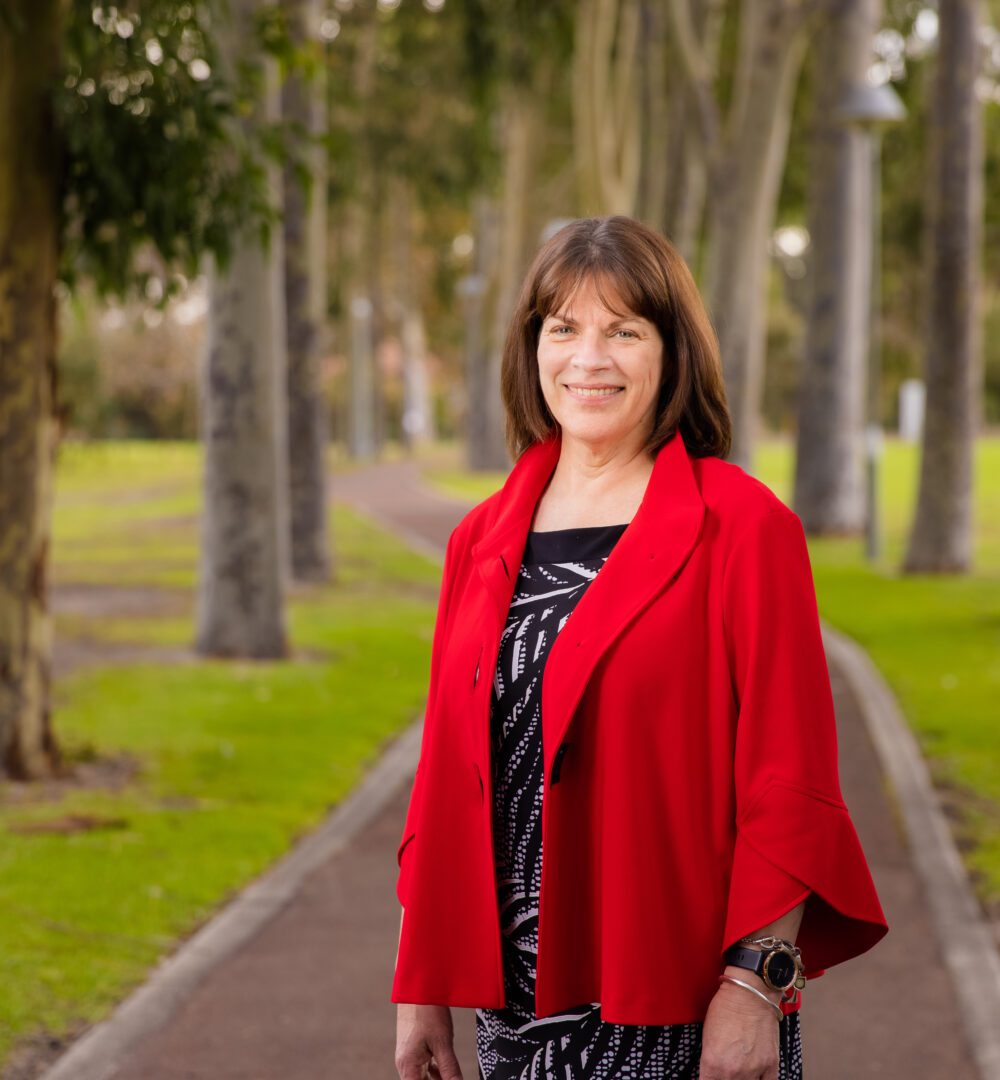Study finds financial services and payments boost needed to beat poverty

A new research study has pointed to a need for ongoing increases to Centrelink payments and additional support for non-profit financial support services, including zero and low-interest loans and financial counselling, to help people experiencing financial hardship, such as that resulting from the COVID pandemic.
Conducted by Curtin University, the University of South Australia and Flinders University, and published in Economic Papers, the research found that non-profit financial services are valued and helpful, but cannot be expected to address the root causes of poverty, such as inadequate welfare payments and high costs of daily living.
Lead author Associate Professor Christina Pollard from the School of Public Health at Curtin said for-profit financial products targeted at low income earners provided fast, easy credit but at a cost to the consumer.
“Our research found high interest rates and easy-to-access loans helped people deal with household bill shocks, but put them financially further behind in the long term,” Professor Pollard said.
“Often used a last resort, these detrimental services were found to be popular because they were easy to obtain, particularly for young people.
“We need adequate social assistance payments to protect consumers from hardship in the first place, which we have seen the benefit of through the Federal Government’s recent coronavirus supplements.”
Co-author Professor Ian Goodwin-Smith from the University of South Australia said while non-profit financial services were found to be crucial for those most in need, they were relatively inaccessible compared to for-profit services that were heavily advertised and available online.
“Australian poverty rates are unacceptably high and deep-rooted so people often need financial services to help them cope with economic hardship, the stress from which can negatively impact an individual’s physical and mental health,” Professor Goodwin-Smith said.
“It’s true that the low rate of Centrelink payments is a huge cause of financial hardship, but so is the presence of enormous interest rates on debts held by low income households. Our research found non-profit financial counsellors to be highly regarded, in fact, ‘life changers’ for some people accessing their services to work through that debt.
“Non-profit services are invaluable for people who need them, but more could be done to support and promote them.”
The study was commissioned by the South Australian Department of Human Services to investigate the experience of people using financial counselling services in South Australia. Five focus groups were conducted across SA to explore the types of financial services people used, their appropriateness, and how they could be improved.
The paper, titled ‘“I’d be sleeping in the park, I reckon”: Lived Experience of Using Financial Counselling Services in South Australia’, is available online here.



